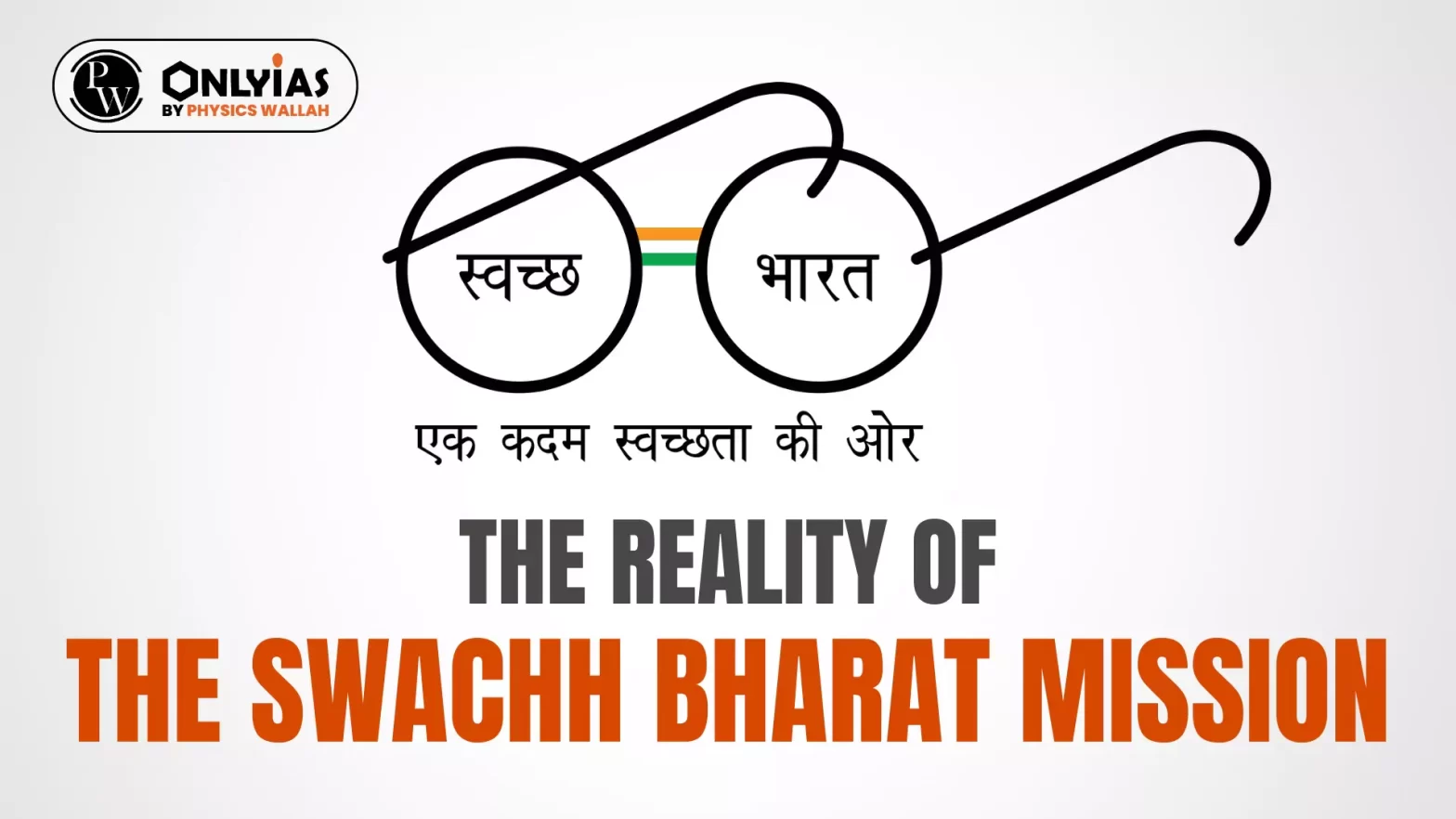Context
India was ranked right at the bottom of 180 countries in the Environment Performance Index (EPI) in 2022.
| Relevance For Prelims: Urbanization, Environment Performance Index (EPI), Atal Mission for Rejuvenation and Urban Transformation (AMRUT), Housing For All, and Scheme, Challenges In Urban Development In India, and Smart Cities Mission (SCM), and National Clean Air Programme (NCAP).
Relevance For Mains: Challenges associated with Swachh Bharat Mission, WASH (Water, Sanitation, and Health). |
India’s Low Ranking in the Environment Performance Index (EPI)
- Assessing Environmental Performance: EPI evaluates countries based on climate change performance, environmental health, and ecosystem vitality using 40 performance indicators across 11 categories.
- Response to EPI Assessment:The Indian government criticized the EPI’s methodology, claiming it doesn’t accurately reflect India’s environmental situation.
Enroll now for UPSC Online Course
Critique of Development Initiatives
- India’s Environmental Performance Challenges: Despite initiatives like Swachh Bharat Mission (SBM), Atal Mission for Rejuvenation and Urban Transformation (AMRUT), Pradhan Mantri Awas Yojana (PMAY), and National Clean Air Programme (NCAP), India’s environmental performance remains poor.
- Mission Failures: The Swachh Bharat Mission is meant to address the issue of WASH (Water, Sanitation, and Health). Likewise, the SCM is supposed to deliver on the clean energy requirements of towns.
- These missions aimed to improve living standards and address issues like sanitation and clean energy but have failed to mitigate air and water pollution.
- SBM’s Limitations:The SBM, for instance, continues caste-based sanitation practices and relies on capital-intensive technologies without effectively addressing waste management.
Challenges with Swachh Bharat Mission
- Poor Quality of Infrastructure: Reports suggest inadequate construction quality of toilets under the Swachh Bharat Mission (SBM), raising questions about the effectiveness of the initiative.
- A Comptroller and Auditor General report in 2020 raised many questions about the government’s claims over the success of the SBM on this front.
- Slum Sanitation Gaps in Urban Areas: A few urbanization studies pointed out that in some metros, communities in slums still do not have access to public toilets
- Lack of Waste Treatment: Toilet construction in rural areas is not linked to waste treatment, leading to improper disposal of faecal sludge and environmental contamination.
- Manual Scavenging: Septic tanks are cleaned by manual scavengers and the sludge is thrown into various water systems.
- Ineffective Waste Management Technologies: Large, capital-intensive waste management technologies have failed to meet expectations, resulting in health crises and the need for additional resources to fix them.
- Privatization of Public Health Services: The outsourcing of sanitation work to private contractors, often employing subjugated communities, has led to the privatization of public health services and perpetuated caste discrimination.
- City governments are being asked to buy more machines including road sweeping machines that cost more, more vehicles to transport the waste from one corner to another with geo-tagging, and so on.
- Lack of Success in Solid Waste management: In most towns, the Union government is employing technological solutions in handling solid waste.
- Some of these solutions are in the form of waste-to-energy plants and biological methanation. But there are barely any success stories in either case.
- Insufficient Human Resources: Shortage of sanitation inspectors and inadequacy in recruitment efforts hinder effective monitoring and management of sanitation programs at the local level.
- In Himachal Pradesh State where there are more than 50 municipal bodies, there are only 20 sanitation inspectors.
Linking EPI Performance to Development Model
- Development Model Flaws: India’s low EPI ranking exposes flaws in its development model and sustainability.
- Climate Change and Human Rights Link: The Supreme Court’s observation on the link between climate change and human rights underscores the need to reassess development policies.
- Reevaluating Development: Anthropogenic and systemic factors contribute to environmental challenges, necessitating a reevaluation of development models and policies.
Conclusion
Aligning policies with human rights is essential to address climate change and ensure sustainable development. Reforms are needed to mitigate environmental degradation and promote equitable development in India.
Also Read: Swachh Survekshan 2023
![]() 25 Apr 2024
25 Apr 2024
